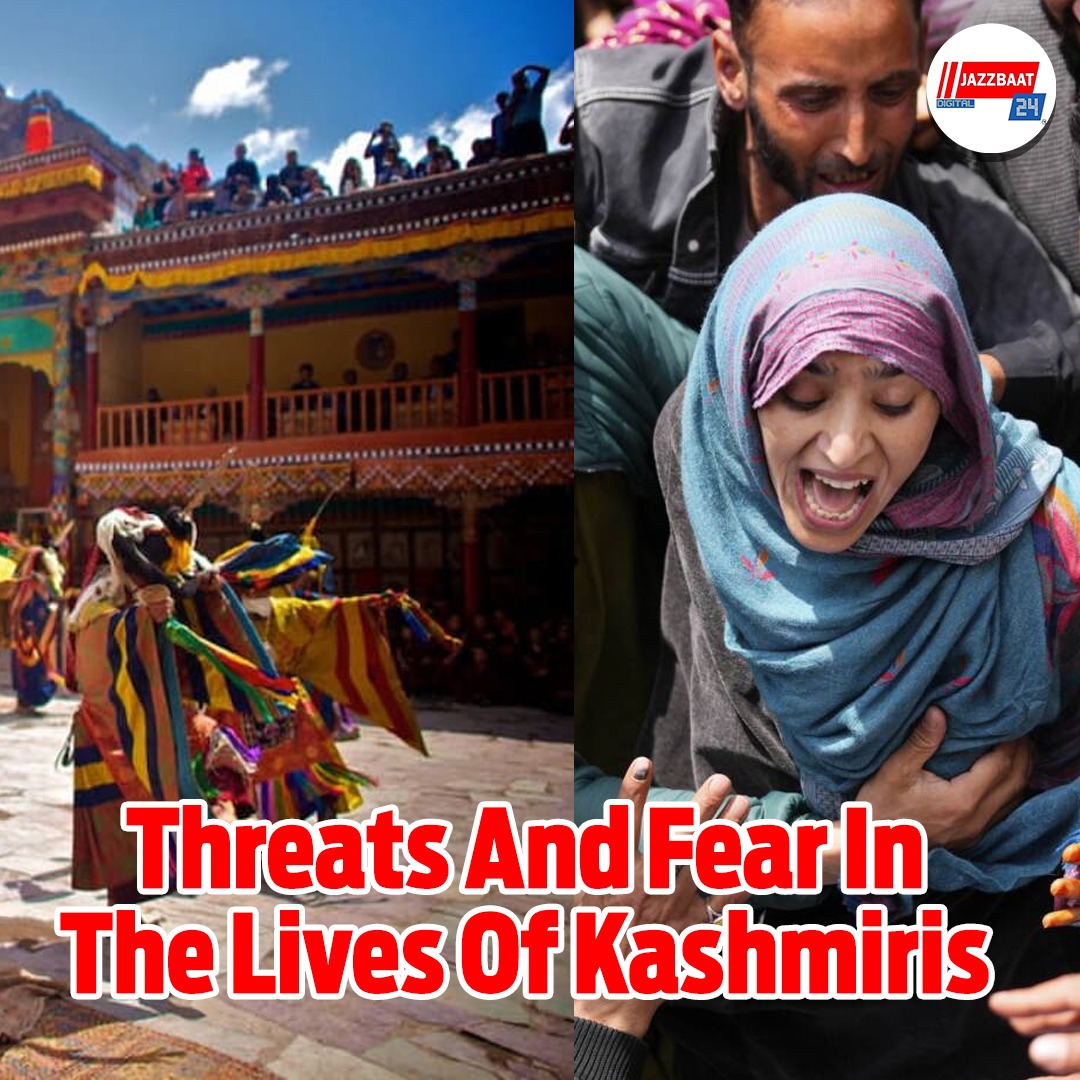
Kashmir—a land that is at the center of multidimensional discussions not only for its natural beauty, but also due to political tensions, militarization, and a civil rights crisis. Divided by history, religion, geopolitics, and conflicts of interest, the people of this valley have been carrying an uncertain future for centuries. The increasing state and social threats to Kashmiris are questioning the credibility of not just a region, but the entire democratic structure.
The decision to abrogate Article 370 of the Indian Constitution in 2019 severely shook the identity and constitutional security of Kashmiris. The promise of a kind of autonomy that had been passed down through the ages was broken in a unilateral decision. Since this move, the Valley has been transformed into a no-go zone—where thousands of troops have been deployed, political leaders have been detained, newspapers have been controlled, and internet shutdowns have disrupted people’s lives.
For Kashmiris, this change is not just administrative, but existential. While outsiders have been granted access to their land, the recognition of Kashmiris’ own identity, culture, and political status has been called into question. As a result, the common people of the Valley—especially the Muslim community—are experiencing institutional oppression.
This crisis is not limited to territorial boundaries. Kashmiris living in the Indian mainland are constantly facing suspicion, distrust, and hatred. From universities to business and commerce to healthcare—everywhere, the ‘Kashmiri’ identity is a kind of stigma. The way organized attacks on Kashmiris in different parts of the country were carried out after the Pulwama attack, it was largely legitimized by the state.
The future of the Kashmiri youth is under the greatest threat today. They are growing up in an insecure, controlled and hopeless environment. Deprived of basic rights, many are turning to extremism. Yet no alternative path has been left open for them. Where education, employment and freedom of expression are curtailed, despair becomes the only answer.
Although the international community occasionally expresses concern, human rights have repeatedly been sacrificed in the politics of protecting diplomatic benefits and commercial interests. As a result, the ongoing pressure on Kashmiris is gaining a kind of legitimacy through global silence.
In this context, the question arises - is Kashmir just a territory, or do the dreams, culture and existence of the people living there have no value? If the state cannot build a trust-based relationship with its people, then democracy is not just about electoral numbers, but a farce.
A new vision is needed to bring Kashmir back to the path of true peace, stability and justice—where dialogue, recognition and empathy, not state power, are the key tools. Otherwise, this threat to Kashmiris is bound to one day become the epicenter of instability not just in the Valley but in the entire subcontinent.